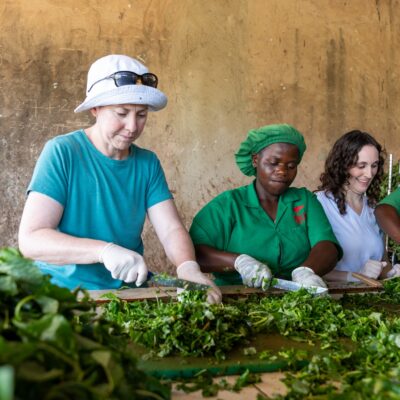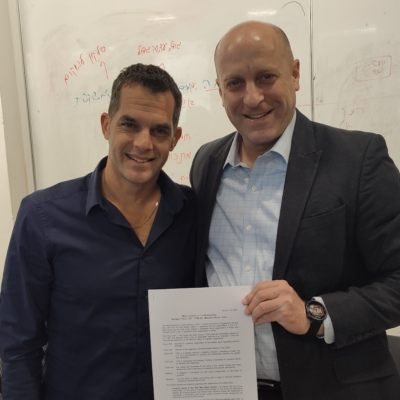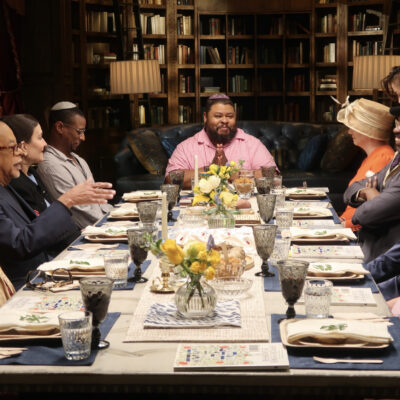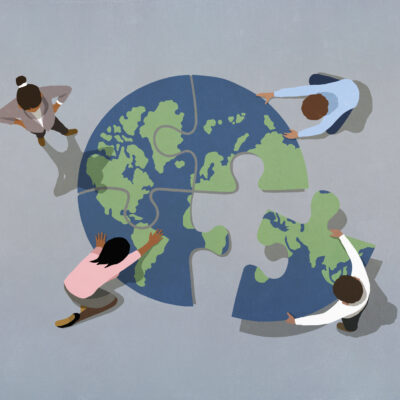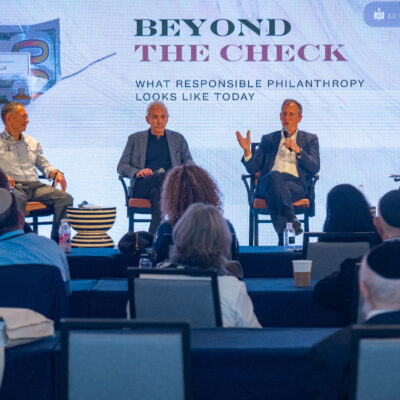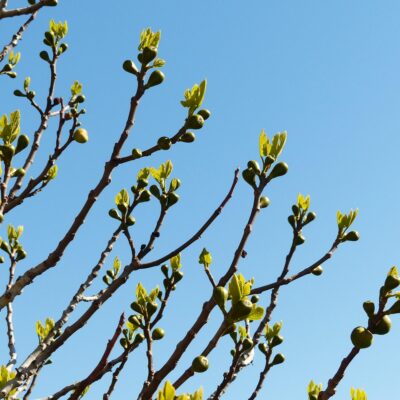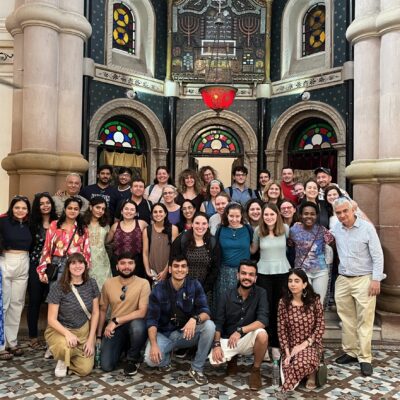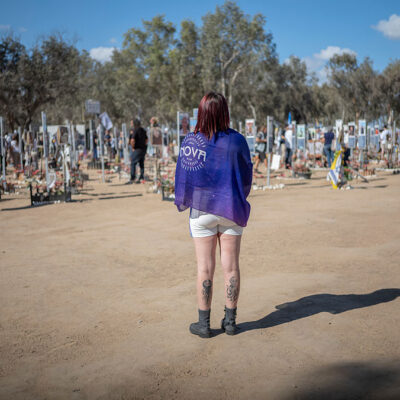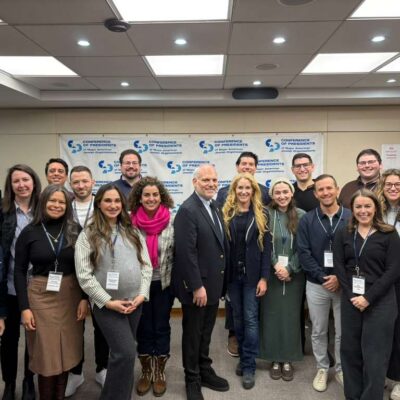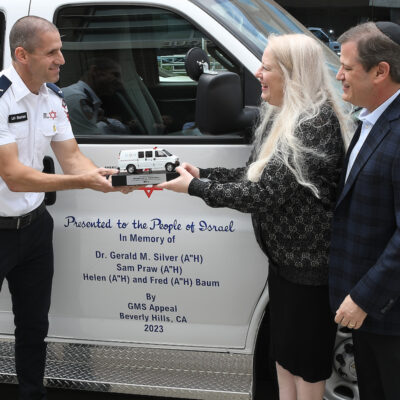Opinion
DOR L'DOR
Fixing guideposts from Judaism’s 3 ‘forevers’
A core value of the Iroquois Confederacy that endures to this day is the “Seventh Generation Principle,” which calls upon people to look ahead seven generations and imagine how the decisions they make today will affect their progeny so far into the future. This practice cultivates a discipline to be deliberate and show care — to consider variables before taking an action that may seem right today but may also be terribly wrong in the long term.
Jewish tradition teaches us that some things in our culture will also be forever. According to rabbinic teachings, this means that even after the arrival of the Messiah — at a time when all Jews will live in peace with one another and with the world, when rituals and practices as we know them today may be altered to reflect this new reality — three things will always remain.
The first “forever” is the holiday of Purim. All other holidays will fade away, but Purim will be forever. The Purim experience affected every single Jew in the world. Together they faced the threat of death. Together, they called upon God and overcame it. Each of them and all of them. That level of global Jewish purpose had never been known before, or since. That rare, precious sensation will echo forever.
The second forever is the Korban Toda, the Thanksgiving offering in the Holy Temple. All other offerings will fade away, but the Toda will be forever. Every other offering is commanded to be brought for some reason; someone sinned inadvertently, for instance, or a holiday observance called for it. Homage to God was required upon harvest or the birthing of animals, but the Toda came from the heart, from gratitude. Bringing the Toda required something else; it called for recognition that we are not in full control. Bringing the Toda demonstrated a contraction of the ego to allow for the Divine presence in our lives. This public affirmation that the partnership between God and humankind which sustains the world — a partnership created at the time of creation — will endure forever.
The third forever is our story, the obligation of every generation to recount our experiences as slaves in Egypt and how God brought us out to freedom. This is fairly easy to understand. Every people cherishes their origin story. What makes the Jewish origin story unique is the deliberate, unvarnished portrayal of our beginnings as lowly slaves. The reason why we will tell this story forever is this: The story of how Jewish slaves in Egypt became the Jewish People in Israel was the first time in recorded history that the fate of a people was altered. The world suddenly saw that history is not destiny. Jews will tell this story forever not only because it grounds us, but because the story of who we will be is not over. This story does not end with “The End.” Each day that we venture towards forever is another chapter.
These three forevers lead me to reflect on the holy work done by Jewish community foundations. There are other organizations that were created, funded and are expected to deal with the “now,” but Jewish community foundations, by design, are empowered to look beyond the now to… well, forever. And they are endowed with unique powers to take us there: I am referring to their power of publicity to project issues and to attract investment in them; their power of persuasion in advising fund-holders and their legal and financial counselors in guiding their investments; and their power of planning when they design their own initiatives.
The forever of Purim was based on Jewish unity, hope and activism, yes — but the thing that catalyzed all of that was fear. A community whose primary organizing principle is fighting a common enemy is an unsustainable community. Today, our Jewish community is broken, and I don’t refer only to the grief we continue to experience with Israel at war. I mean that we are broken into pieces; that the connections we do enjoy are fragile. Our foundations need to build a forever bridge to healing, to mutual understanding, to compromise, to kindness.
The forever of Toda is based on gratitude, humility and seeking the Divine. We look to you to build a forever bridge that appreciates the contributions of all — the donors who provide the funds and the organizational professionals who provide the expertise that bring communal vision to life. Our foundations need to build the forever bridge that upholds the uniquely Jewish idea that our work is a partnership with God, and by acknowledging that partnership we sustain our community and the world.
The forever of our story is based on a grounding that does not constrain us, but rather provides the firm, deep-rootedness that enables us to grow to unimaginable heights. Our foundations need to build the forever bridge that enables our people to learn our story, that provokes the curiosity to explore our story, that engages the imagination to live our story and that empowers the courage to advance our story, forever.
That is the work of the Jewish community foundation — Jewish community, forever.
Robert Lichtman lives in West Orange, N.J. and draws upon his long tenure of professional leadership to teach and write about strategic issues and opportunities impacting the Jewish community.

 Add EJP on Google
Add EJP on Google